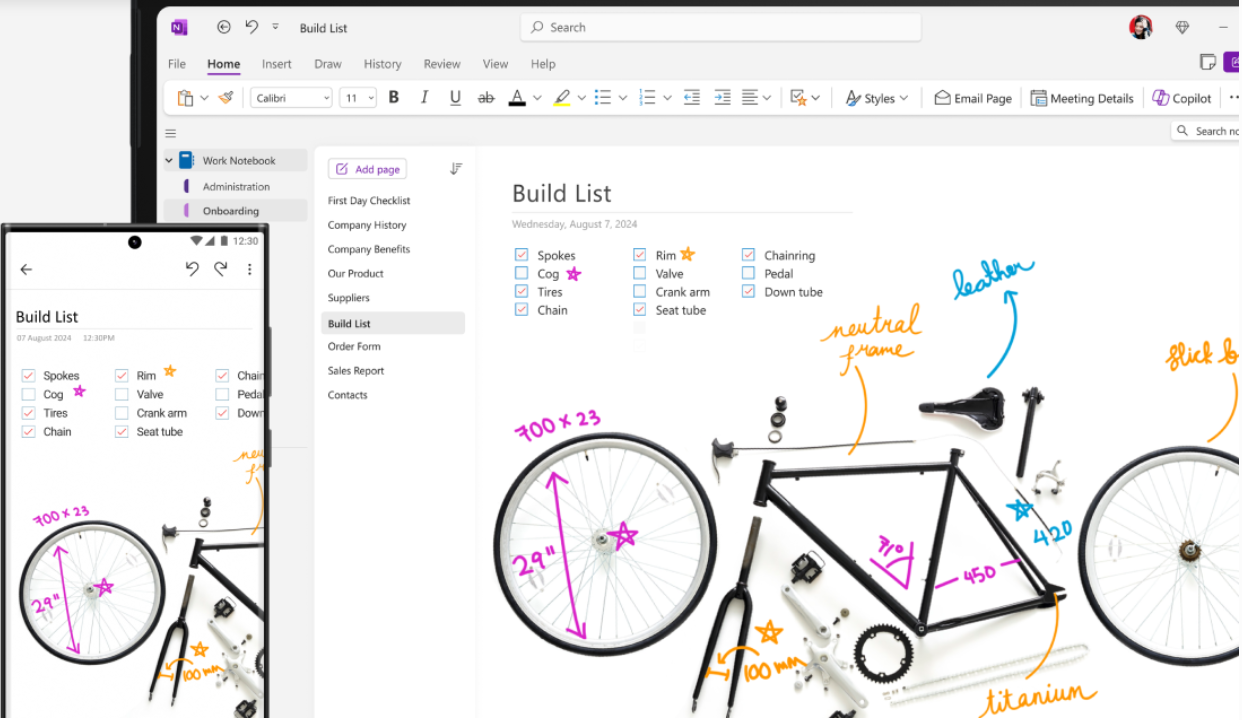
Microsoft Is Ending OneNote for Windows 10 to Force Users to Upgrade: What Happens If You Don't?
- 25.03.2025 05:50
- techtimes.com
- Keywords: No, Yes
Microsoft is ending support for OneNote on Windows 10 in October 2025 to encourage upgrades to Windows 11. Sync speeds will be reduced starting June, affecting multi-device access and collaboration. Users are advised to migrate to the new app.